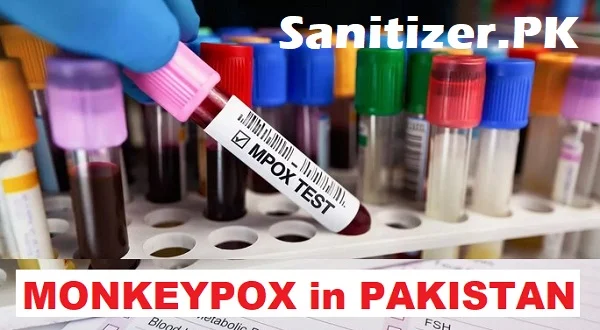Monkeypox is a viral illness with global concern due to recent outbreaks. After exposure through close contact or respiratory droplets, monitor for symptoms like fever and a rash. Practice good hygiene, seek medical advice, and consider the Jynneos vaccine. Inform contacts and follow public health authorities updates.
Monkeypox, a viral illness related to smallpox, has become a global concern due to recent outbreaks. If you believe you’ve been exposed to someone with monkeypox, it’s important to act quickly to protect yourself and others. Here’s what you should do:
First, it’s essential to understand the nature of the exposure. Monkeypox spreads through close contact with an infected person, contaminated objects, or respiratory droplets. If you’ve had close contact with someone diagnosed with monkeypox, especially if there was skin-to-skin contact, shared personal items, or prolonged proximity, you may be at risk.
After exposure, you should monitor yourself for any signs of monkeypox. The incubation period is usually 6 to 13 days but can range from 5 to 21 days. During this time, be vigilant for symptoms such as fever, headache, muscle aches, back pain, swollen lymph nodes, chills, exhaustion, and a distinctive rash. The rash often starts on the face before spreading to other parts of the body and progresses from flat lesions to fluid-filled blisters that eventually scab over.
In the meantime, it’s wise to limit your contact with others to prevent potential spread, particularly avoiding close physical contact with vulnerable groups such as immunocompromised individuals, children, and pregnant women. It’s also important to seek medical advice as soon as possible. Contact a healthcare provider to discuss your exposure; they can provide guidance on whether you should get tested or receive a vaccine. The smallpox vaccine, Jynneos (also known as Imvamune or Imvanex), is effective against monkeypox and can be administered both before and after exposure. If given within 4 days of exposure, it can prevent the onset of the disease, and if administered between 4 to 14 days, it may reduce the severity of symptoms.
Good hygiene is critical whether or not you develop symptoms. Regularly washing your hands with soap and water or using an alcohol-based hand sanitizer is essential. Avoid touching your face, especially your eyes, nose, and mouth, and make sure to disinfect surfaces and objects that could be contaminated.
If you do develop symptoms, isolate yourself immediately to prevent spreading the virus. Seek medical care promptly, and follow all instructions provided by healthcare professionals. You should remain in isolation until all lesions have crusted over, fallen off, and a fresh layer of skin has formed.
Additionally, it’s important to inform anyone you’ve been in close contact with since the exposure. This allows them to monitor their health and take necessary precautions. Public health authorities may also conduct contact tracing to help prevent further spread.
Finally, stay informed by following updates from reliable sources like the World Health Organization (WHO) and the Centers for Disease Control and Prevention (CDC). As more is learned about monkeypox and its transmission, guidelines and recommendations may evolve.
In summary, being exposed to monkeypox is a serious concern, but by taking the right steps—monitoring for symptoms, practicing good hygiene, and seeking medical advice—you can protect yourself and those around you. When in doubt, always consult with healthcare professionals for the best course of action.

